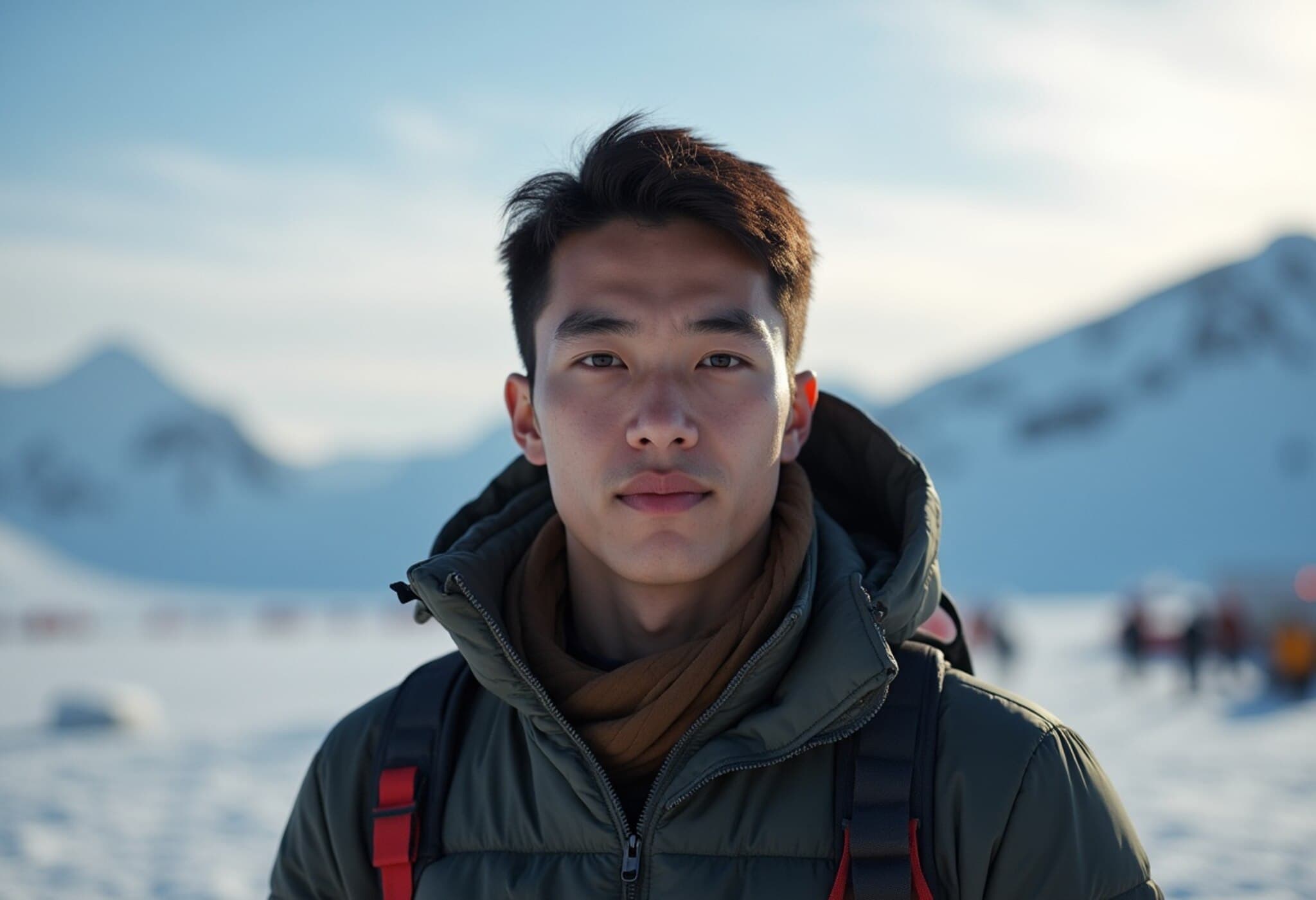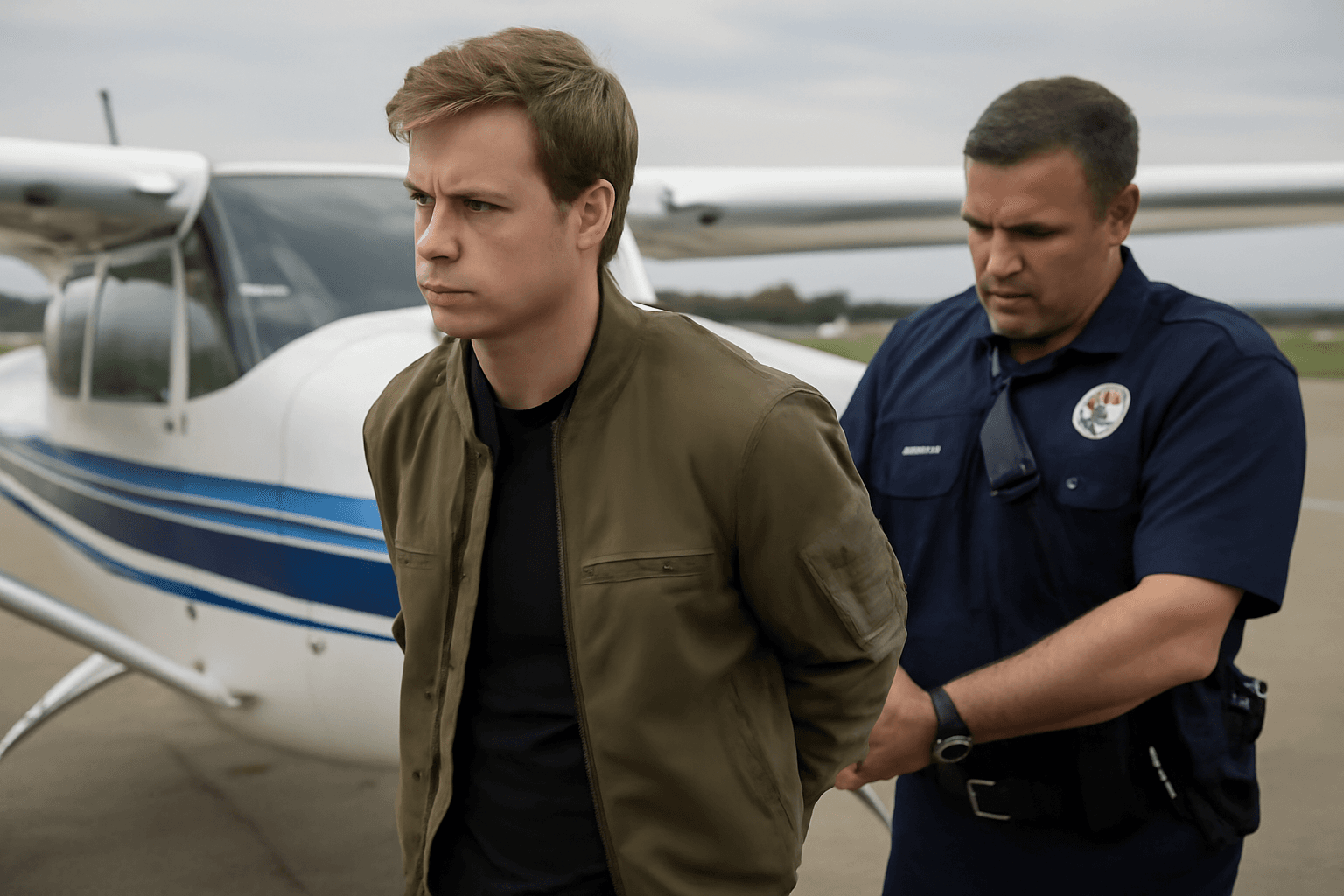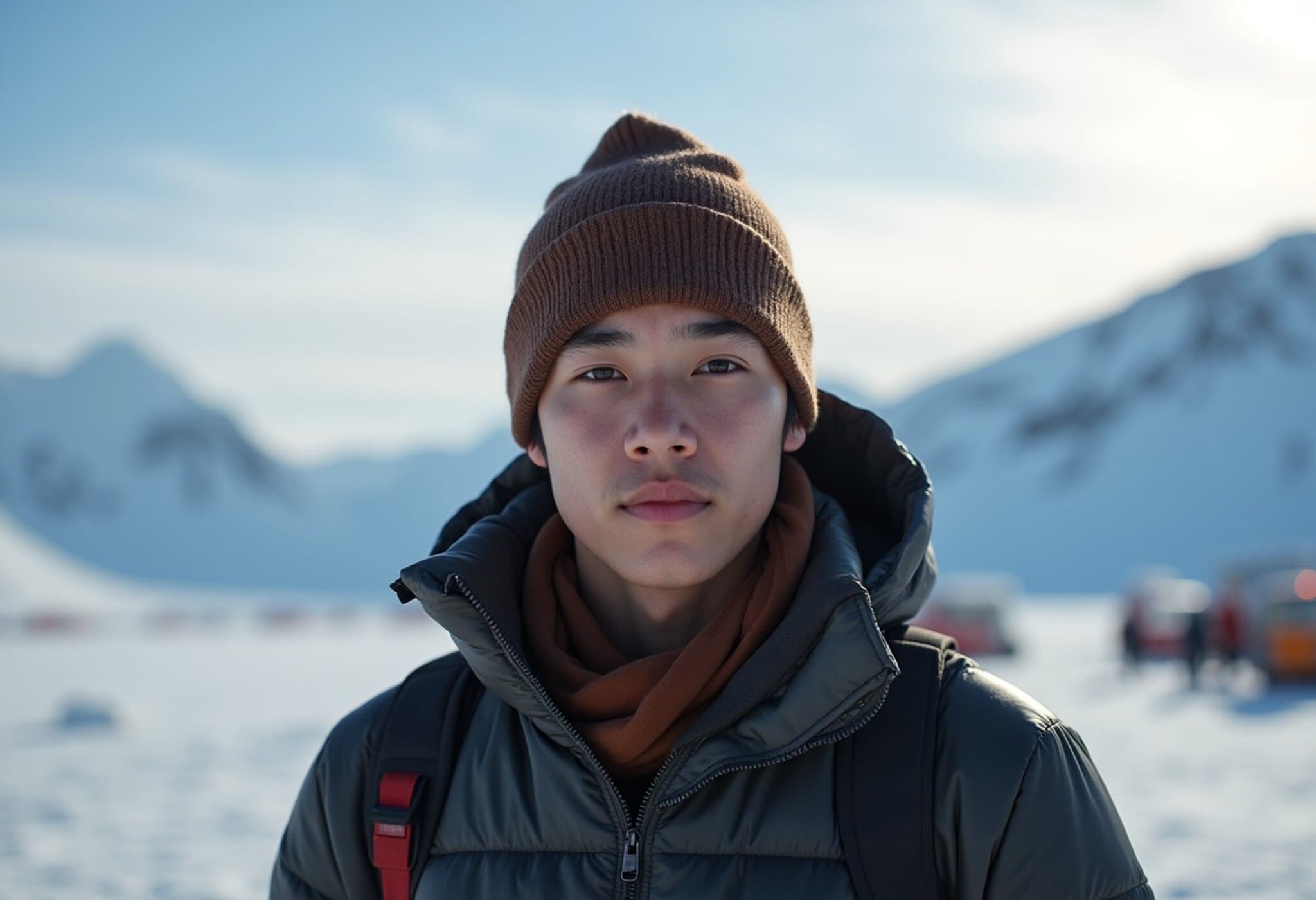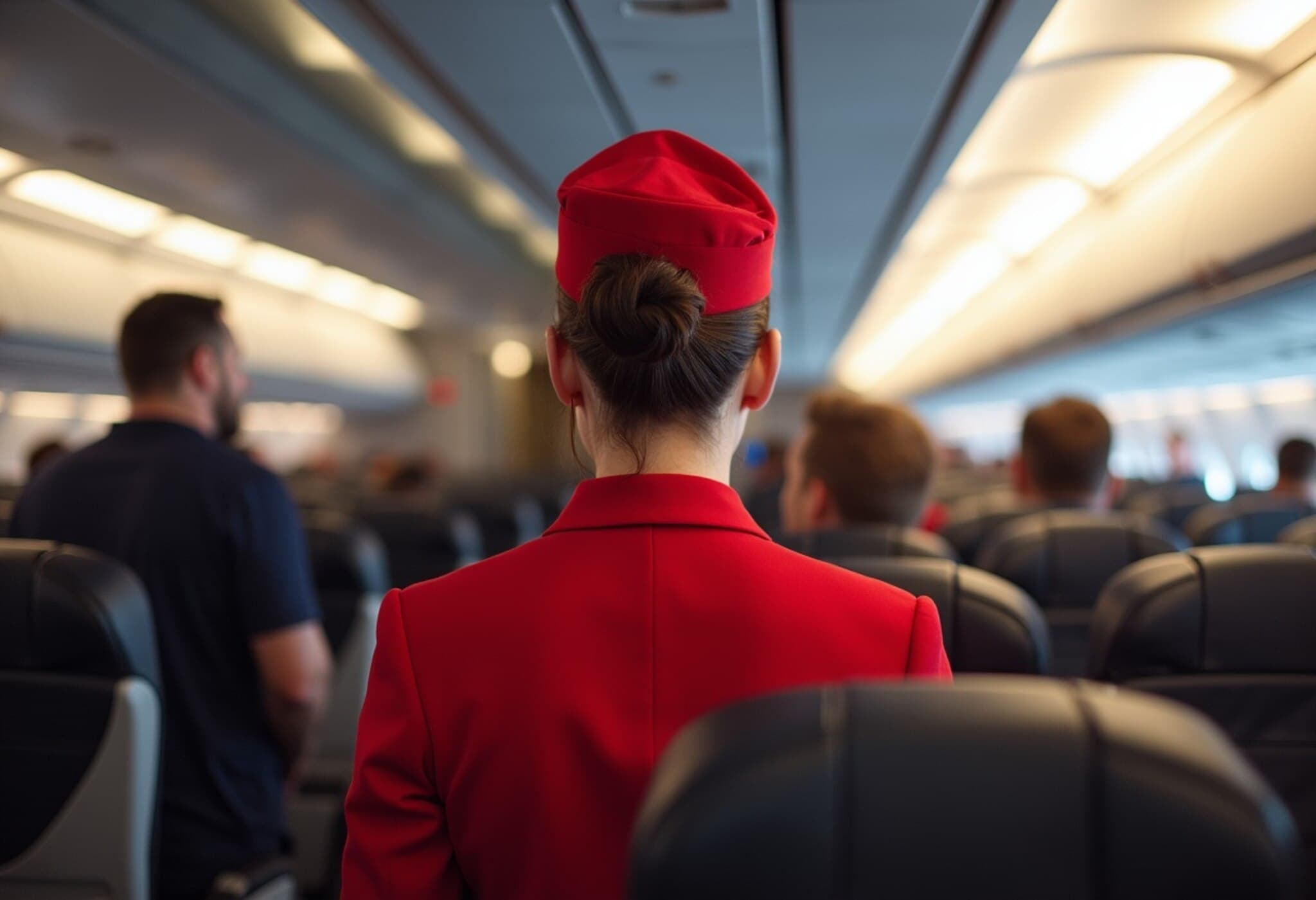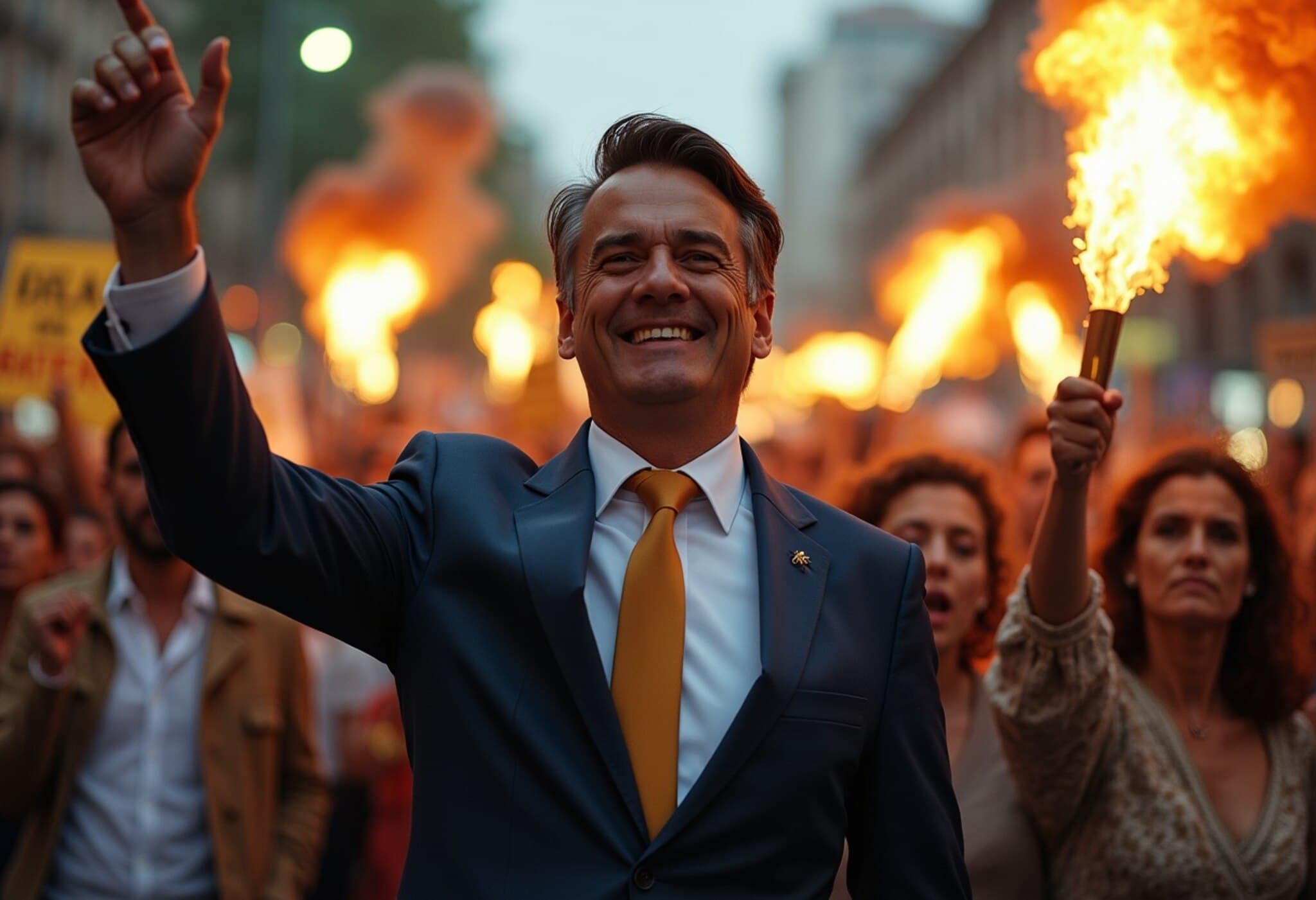Young American Pilot Released After Being Held on Antarctic Island
After more than two months of unexpected isolation at a Chilean military base on King George Island, a remote outpost near Antarctica, 20-year-old Ethan Guo, an American pilot and social media content creator, has finally been freed. His release marks the end of a complicated legal and logistical saga that highlighted the challenges of private aviation in remote territories.
Background: An Ambitious Global Aviation Mission
Ethan Guo, a Florida-based pilot who earned his license at just 17, embarked on an ambitious mission to fly solo across all seven continents to raise funds for cancer research—a cause deeply personal to him, inspired by a cousin battling Stage 4 blood cancer. Documenting his journey in real-time, Guo amassed a significant following online, with over 655,000 followers on TikTok and 1.4 million on Instagram.
By the summer of 2025, Guo had successfully landed in many places around the world. However, Antarctica remained the only continent left to complete his record-setting endeavor.
The Incident: Unauthorized Landing Sparks Detainment
On June 28, Guo landed his cherry-red and white Cessna 182Q on King George Island, part of the Chilean Antarctic Territory. However, he did so without securing prior authorization from Chilean aviation authorities, an oversight with serious consequences. Chilean officials accused him of submitting “false flight plan data” and violating regulations designed to protect the fragile Antarctic environment and ensure public safety in one of the planet's most isolated regions.
As a result, Guo was detained at a Chilean military base, confined to a single room with limited internet access and subsisting on modest rations including bread, beans, and lentil soup. During this time, he reportedly lost 20 pounds, underscoring the physical and psychological toll of his confinement.
Legal Proceedings and Resolution
The case unfolded over the summer, with prosecutors investigating the legal ramifications of Guo’s flight and exploring alternative resolutions to avoid prolonged litigation. Nearly a month ago, a Chilean judge approved an agreement dismissing the charges on condition that Guo donate $30,000 to a Chilean pediatric cancer charity and abstain from entering Chile for three years.
Guo’s legal team clarified that he did not admit guilt nor pay a penalty. Instead, the donation was made as part of a goodwill arrangement to resolve the situation amicably.
Return Journey and Future Plans
Following his release, Guo was transported from King George Island to the Chilean mainland aboard the Chilean Navy ship Almirante Viel. He then traveled to Santiago with his Chilean attorney, Jaime Barrientos. Sean Croft, Guo’s lawyer based in New York, confirmed that Ethan is in good spirits and eager to return home to the United States as soon as possible.
Plans are underway for another authorized pilot to ferry Guo’s aircraft back from Antarctica to mainland Chile, aiming to reunite Guo with his plane without further regulatory complications.
Broader Implications: Navigating Aviation in Sensitive Regions
Guo’s experience underscores the complexities pilots face when attempting private flights in sensitive and tightly regulated regions like Antarctica, governed by a web of national and international treaties. Unauthorized landings, even with benign intent, can trigger diplomatic and legal challenges.
From an American policy perspective, this case raises questions about how young aviators engaging in global exploratory missions can better navigate international regulatory frameworks, particularly in environmentally protected or geopolitically sensitive territories.
Expert Commentary: A Lesson in Preparation and Compliance
Legal experts emphasize that while Guo’s mission was noble and rooted in altruism, compliance with local aviation laws, especially in highly controlled zones such as Antarctica, is non-negotiable. Aviation regulations and environmental protections are designed to safeguard not only safety but also the fragile ecosystems of the region.
Moreover, this episode highlights the importance of comprehensive flight planning and communication with relevant authorities, especially for content creators and adventurers whose missions transcend entertainment and stretch into realms of international engagement.
Looking Ahead: What’s Next for Ethan Guo?
While Guo’s Antarctic episode has drawn global attention, it also spotlights his larger mission—to raise $1 million for cancer research through his aviation journey. With the legal hurdles behind him, the question remains whether he will continue his seven-continent challenge and how this experience might influence his future flights.
As Guo transitions back into civilian life, his story serves as a powerful reminder of the balance between adventurous spirit, regulatory compliance, and humanitarian goals.
Editor’s Note
Ethan Guo’s saga off the coast of Antarctica is more than a cautionary tale—it’s a testament to youthful ambition intersecting with the rigid realities of international law and environmental stewardship. This incident invites us to reflect on how global travelers, especially young pilots with big dreams, can safely integrate their missions within the frameworks that protect our shared planet. Moving forward, the aviation and regulatory communities might consider clearer guidelines and education initiatives to support safe, legal adventuring in remote regions.

